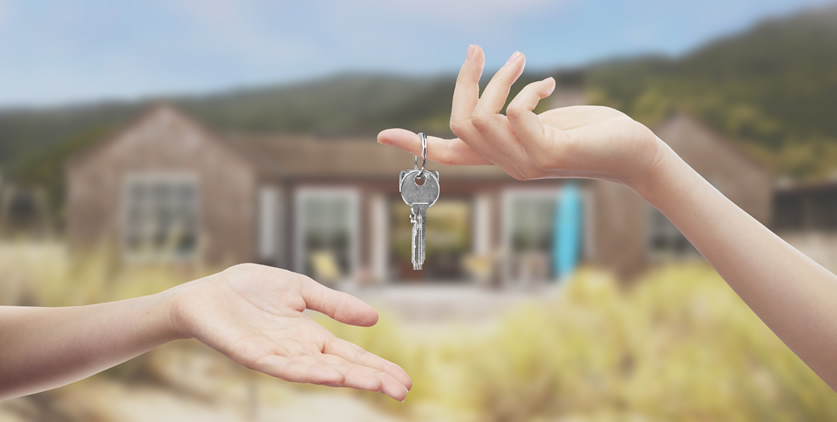17
June 2019
One in Ten Britons Own a Second Home
The number of British adults who own a second home, buy-to-let or overseas property has more than doubled in the last two decades, according to new research.
A report from think tank the Resolution Foundation found that 5.5 million people in the UK – around 10% of the population - now own a second property. This is a rise of 53% since 2001, when around 3.6 million people owned a second home. The study also revealed that the total property wealth from owning a second home has risen from £610 billion in 2001 to around £941 billion today.
The report, which was funded by the Nuffield Foundation and used the latest available figures from 2014-16, suggested that the buy-to-let property market in the UK is booming. Buy-to-let property wealth has grown by 58% since 2006-08 and is now the most common form of property wealth in the country. Around 1.9 million people now have buy-to-let property, while 970,000 people own property overseas.
Around 14.8 million homes in England are occupied by its owner, which is around 64% of the 23.2 million homes in the country. This rate has decreased in the last fifteen years, when 71% of English households were owner-occupied back in 2003. The trend shows that many people are now buying property to rent out, with the number of buy-to-let mortgages having rapidly increased - there are now 15 times as many as there were at the start of the millennium.
The study also found that young people are finding it more difficult to buy a home than before. Only 37% of those born in the 1980s could buy a home by the time they were 29, compared to around half of people born in the 1950s. However, young people who do own a home are just as likely to own a second property than older generations. But one in six of the so-called baby boomers – people born in the 1950s – own a second property, meaning they are the most likely generation to do so.
“Multiple property wealth has grown rapidly over the last two decades,” said George Bangham, policy analyst at the Resolution Foundation. “The sheer scale of additional property wealth is an important driver of rising wealth gaps across Britain. While young people in particular are less likely to own their own home than previous generations, those that do own are more likely to have more than one property.
“As the huge stock of second homes, buy-to-let and overseas properties starts to be passed on to younger generations, Britain risks becoming a country where getting ahead in life depends as much on what you inherit, as what you earn.”
Chris Norris, director of policy and practice at the National Landlords Association, said: “There is a distinct difference between those who have a second home for personal use, leaving it empty for long periods of time, and those who have invested in a rental property which provides a valued home for someone else. Far from the stereotype of the wealthy property baron, most private landlords invest in residential property to provide for their future and their family’s in the form of supplementing a pension or establishing a business.”





